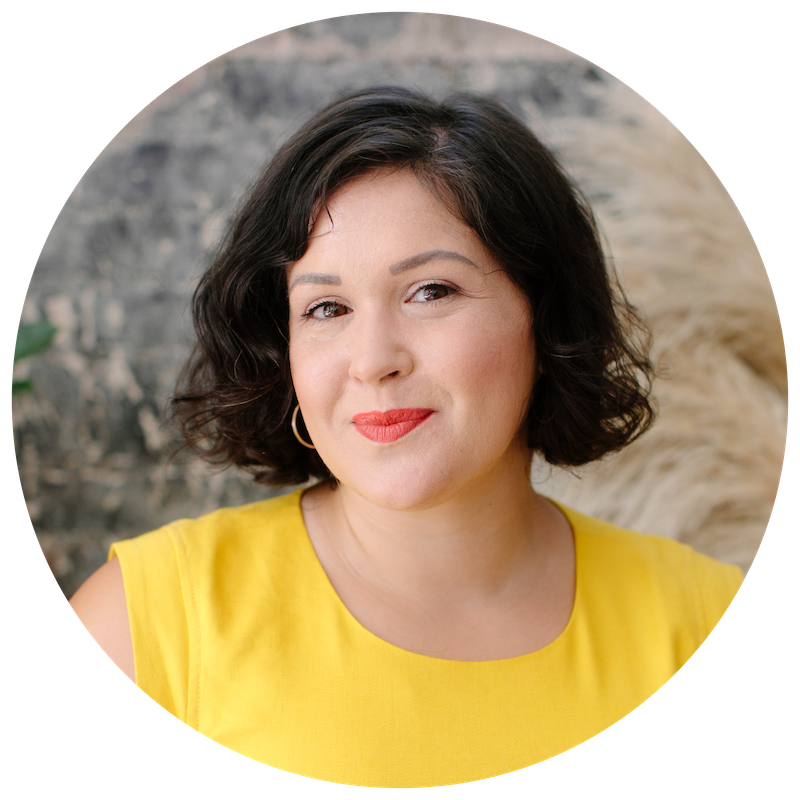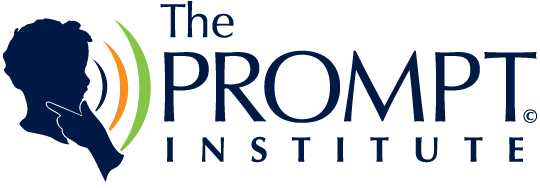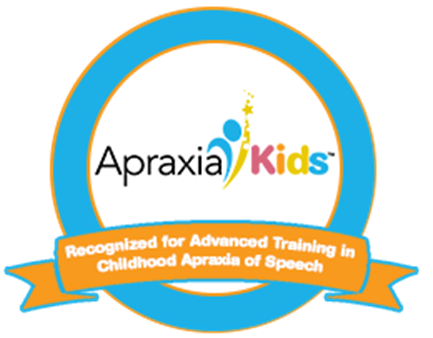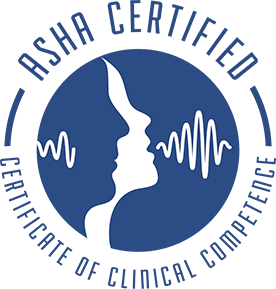I recently signed up to do a Walk-a-Thon to raise awareness for Childhood Apraxia of Speech, a motor speech disorder that has been on the rise as of late. What does it mean to have a child with apraxia of speech and what types of resources are available to you? Below, I provide an overview to cover the most basic questions surrounding Childhood Apraxia of Speech, but I encourage you to check out ASHA and CASANA for more information.
What is Childhood Apraxia of Speech (CAS)?
When I was in graduate school, CAS was a relatively new and somewhat controversial diagnosis. Basically, it is a motor speech disorder, meaning that it affects the muscles required to create speech (muscles of the tongue, lips, jaw, etc). However, children with CAS exhibit normal muscle tone and strength. So, in layman’s terms, this means that a child has something he would like to say.
This message goes to the brain and the brain fires a signal to the muscles in your mouth to start forming the sounds that eventually make up the words. If your child has CAS, this “signal” gets skewed and he may end up saying a word very differently than he intended (i.e. “snake” could become “tate”). The level of severity varies amongst children with this diagnosis, but usually, all have normal, or above-average intelligence and are aware of the difficulty they are having. In my experience working with this population, many times these children begin to talk, and then, once they begin to notice their sounds do not come out how they have intended, they stop talking (which can also be a red flag for Autism).
What are the signs of CAS?
According to the American Speech and Hearing Association (ASHA), the disorder manifests in different ways, depending on the child’s age and age of detection.
A Very Young Child
- Does not coo or babble as an infant
- First words are late, and they may be missing sounds
- Only a few different consonant and vowel sounds
- Problems combining sounds; may show long pauses between sounds
- Simplifies words by replacing difficult sounds with easier ones or by deleting difficult sounds (although all children do this, the child with apraxia of speech does so more often)
- May have problems eating
An Older Child
- Makes inconsistent sound errors that are not the result of immaturity
- Can understand language much better than he or she can talk
- Has difficulty imitating speech, but imitated speech is more clear than spontaneous speech
- May appear to be groping when attempting to produce sounds or to coordinate the lips, tongue, and jaw for purposeful movement
- Has more difficulty saying longer words or phrases clearly than shorter ones
- Appears to have more difficulty when he or she is anxious
- Is hard to understand, especially for an unfamiliar listener
- Sounds choppy, monotonous, or stresses the wrong syllable or word
Potential Other Problems
- Delayed language development
- Other expressive language problems like word order confusions and word recall
- Difficulties with fine motor movement/coordination
- Oversensitive (hypersensitive) or under-sensitive (hyposensitive) in their mouths (e.g., may not like toothbrushing or crunchy foods, may not be able to identify an object in their mouth through touch)
- Children with CAS or other speech problems may have problems when learning to read, spell, and write







0 Comments